Tuesday 3 November 2020 was the Election Day in the United States of America. The tensions of this important election threw into a shade some important decisions that were at the vote in several federal states. Important state-level votes took place on decriminalising all drugs, legalising cannabis and decriminalising psychedelics.
ALL of the key votes have passed, including:
- Oregon decriminalisation of all drugs. The measures outlined would see people found in possession of small amounts of drugs for personal use given the option of paying a $100 fine or attending a free “drug addiction treatment and recovery program”, which would be funded in part out of the state’s cannabis tax revenue fund.
- Arizona, South Dakota, Montana, New Jersey legalising cannabis. Cannabis is already legally regulated for non-medical purposes in 11 US states, although it remains illegal at a federal level.
- Mississippi, South Dakota legalising medical cannabis. Medical cannabis is already legal in 33 US states, with many medical markets now well established.
- Oregon legalising medical use of psilocybin. The measure allow Oregonians over the age of 21 to purchase and consume psilocybin at a ‘psilocybin service centre’ under the supervision and guidance of trained facilitators. It would be the first-of-its-kind in the US, and hopefully move the debate forward on psychedelic treatment worldwide.
- Washington, DC decriminalising psychedelics. While not technically fully decriminalising psychedelics, the measure would clearly drastically reduce the scope for the criminal law to intervene in personal activities. Criminal laws would nominally remain on the books, but be unlikely to be used, effectively a form of de facto decriminalisation.
These developments are part of a broader effort to scale back the war on drugs. The new measures may be the beginning of a broader push in the next few years, similar to what the US has already seen with marijuana.

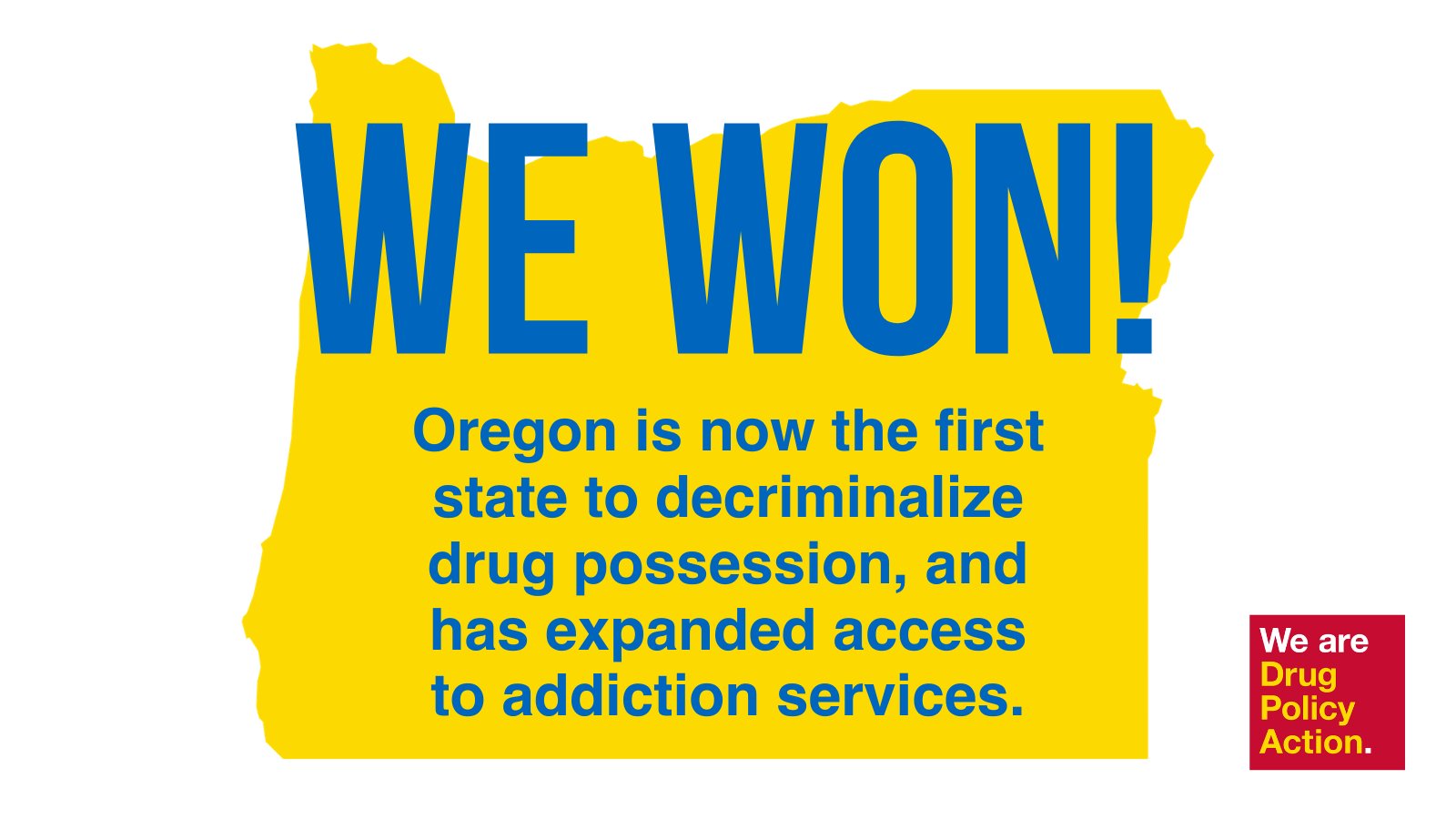
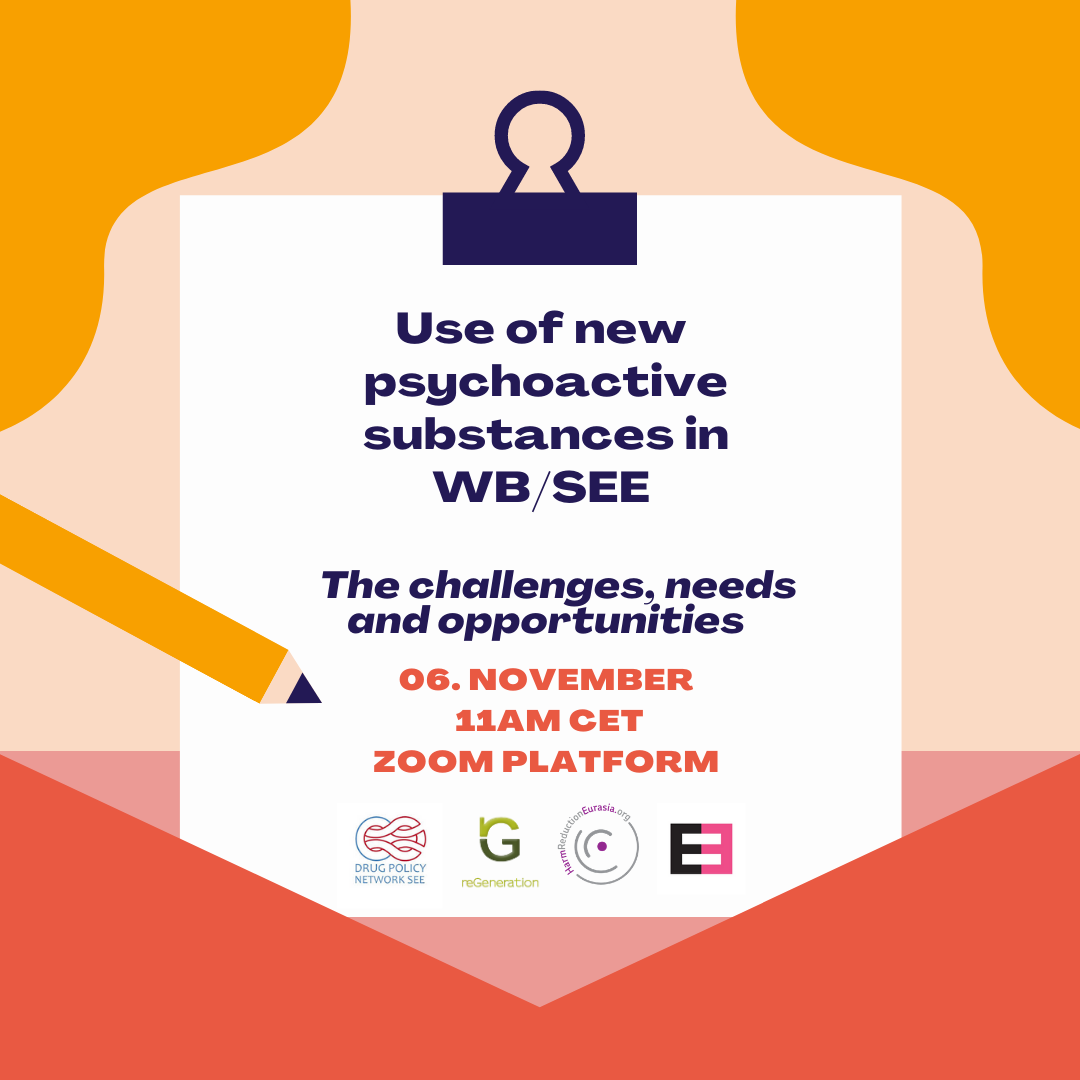


 The document is available
The document is available 


 See better in the document we created
See better in the document we created 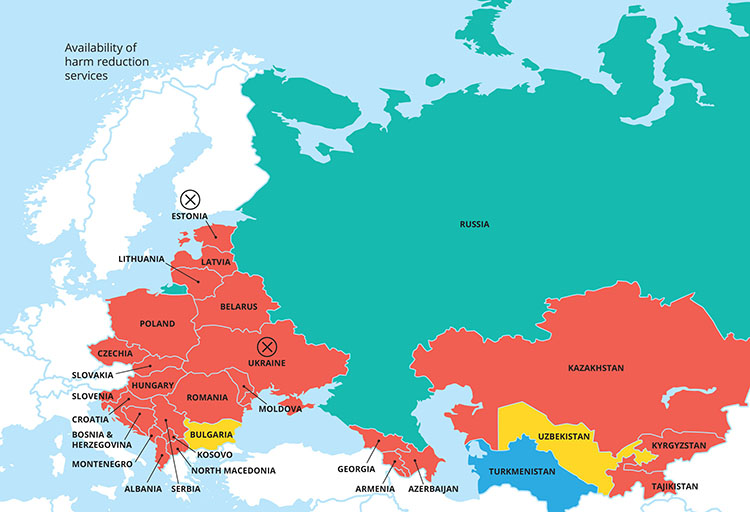



 Eurasian Coalition on Male Health (
Eurasian Coalition on Male Health (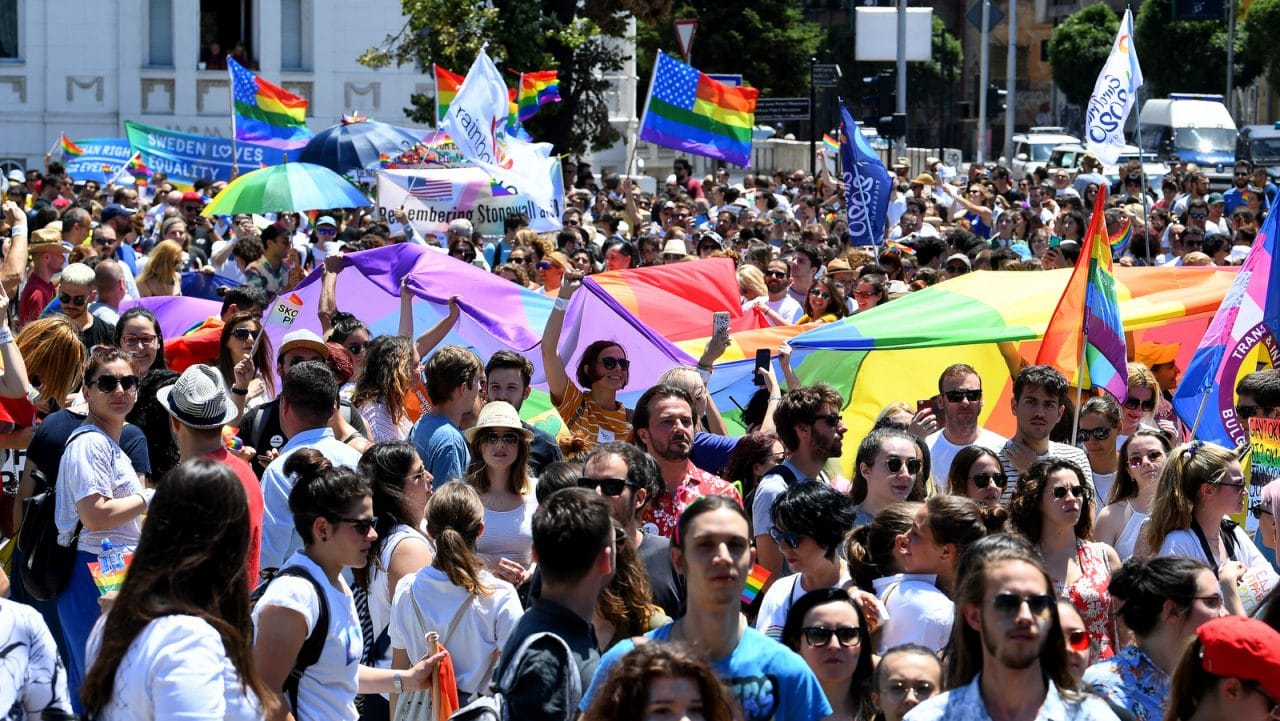
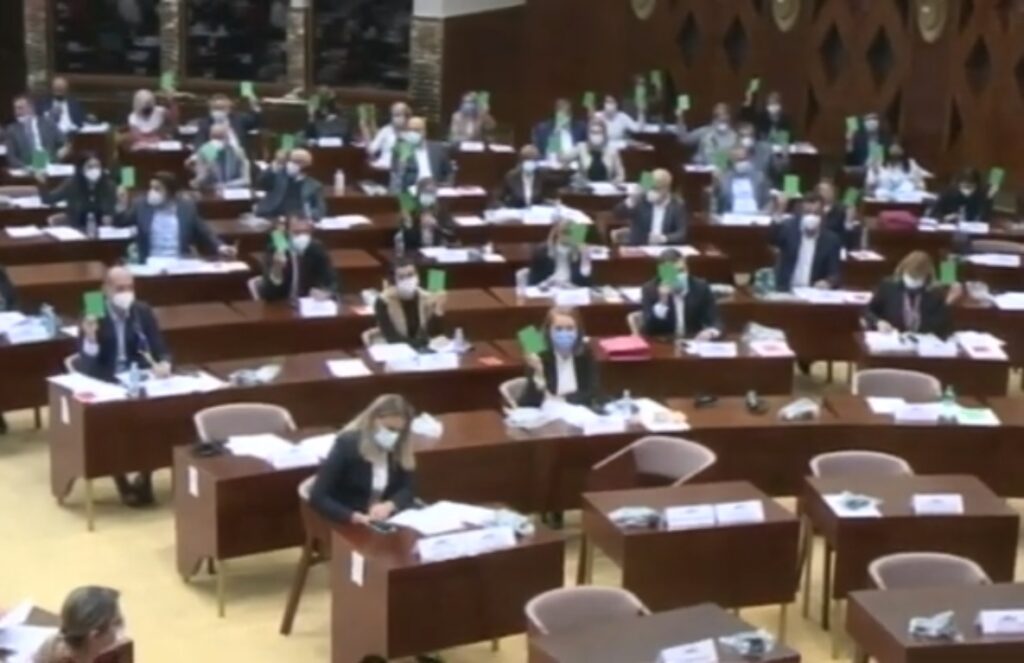



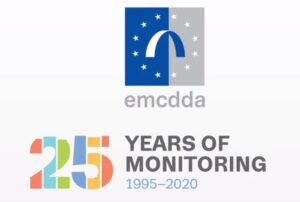 The EMCDDA and the University Institute of Lisbon (ISCTE-IUL) opened registration for two upcoming joint events in 2021: the European Drugs Winter School (EDWS) and the European Drugs Summer School (EDSS).
The EMCDDA and the University Institute of Lisbon (ISCTE-IUL) opened registration for two upcoming joint events in 2021: the European Drugs Winter School (EDWS) and the European Drugs Summer School (EDSS).